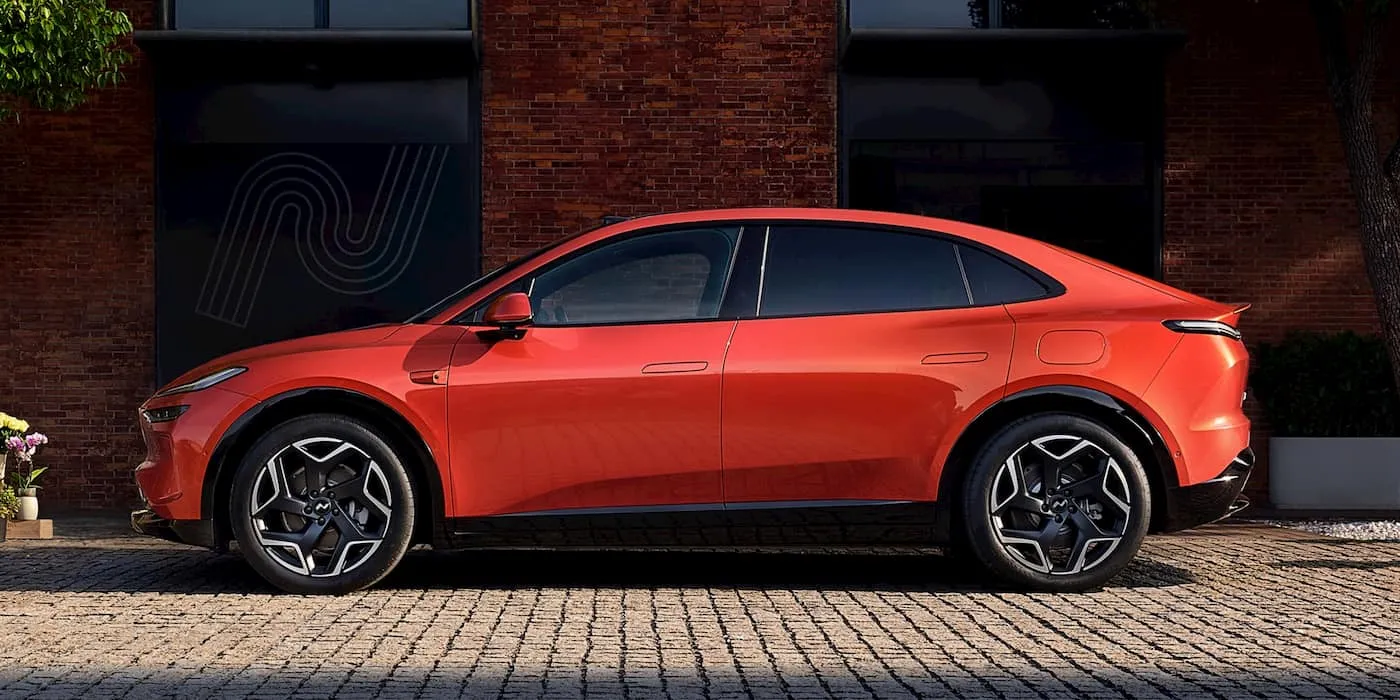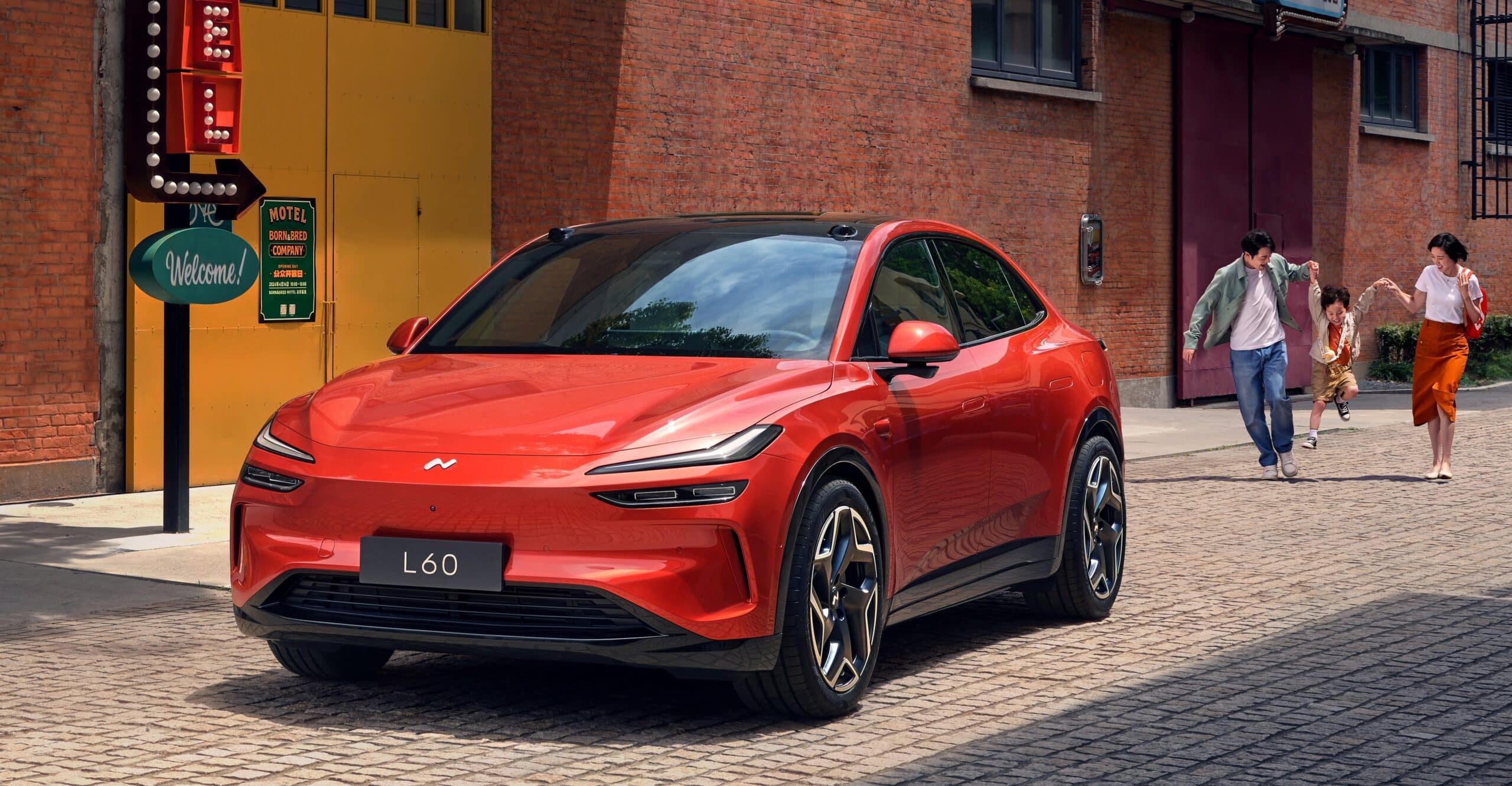Chinese electric vehicle manufacturer Nio introduced its new brand, Onvo, on Wednesday, aiming to compete with Tesla’s Model Y, which is the world’s top-selling electric car.
Nio revealed its first vehicle under the Onvo brand, the Onvo L60 SUV, with a starting price of 219,900 yuan ($30,476). This is 12% lower than the starting price of Tesla’s Model Y in China, which is 249,900 yuan. Deliveries of the Onvo L60 are set to begin in September.
During the launch event in Shanghai, Nio’s CEO William Li explained that the Onvo L60 SUV aims to challenge Toyota Motor’s RAV4 by offering family-friendly cars that balance customer experience and ownership costs.
Li mentioned that the Onvo L60 provides more space compared to Tesla’s Model Y.
The introduction of the Onvo brand with a more affordable price could also help Nio expand its market beyond China. However, Nio’s plans to enter the European market are complicated by an ongoing investigation by the EU into subsidies for electric vehicle imports from China.
The Onvo L60 comes equipped with Nio’s self-developed 900-volt fast-charging system and has a lower average energy consumption of 12.1 kilowatt-hours (kwh) per 100 kilometers compared to Tesla’s Model Y, according to Ai Tiecheng, president of the Onvo brand.

Onvo cars will have access to Nio’s extensive network of battery-swapping stations and public chargers, which includes over 1,000 battery-swapping stations and 25,000 public chargers.
Nio aims to reduce costs by 10% compared to Tesla’s Model Y, making the Onvo cars more competitive in terms of pricing. Nio has partnered with BYD to source batteries for the Onvo lineup, as part of its efforts to lower costs amid intense competition in China’s electric vehicle market.
While Nio’s main lineup is priced around 30% higher than Tesla’s Model 3 in China, it sold 45,673 electric vehicles in the first four months of this year, accounting for 3% of China’s overall electric vehicle sales. In comparison, Tesla delivered 163,841 units in China during the same period, capturing an 11.4% market share, according to data from the China Passenger Car Association.

